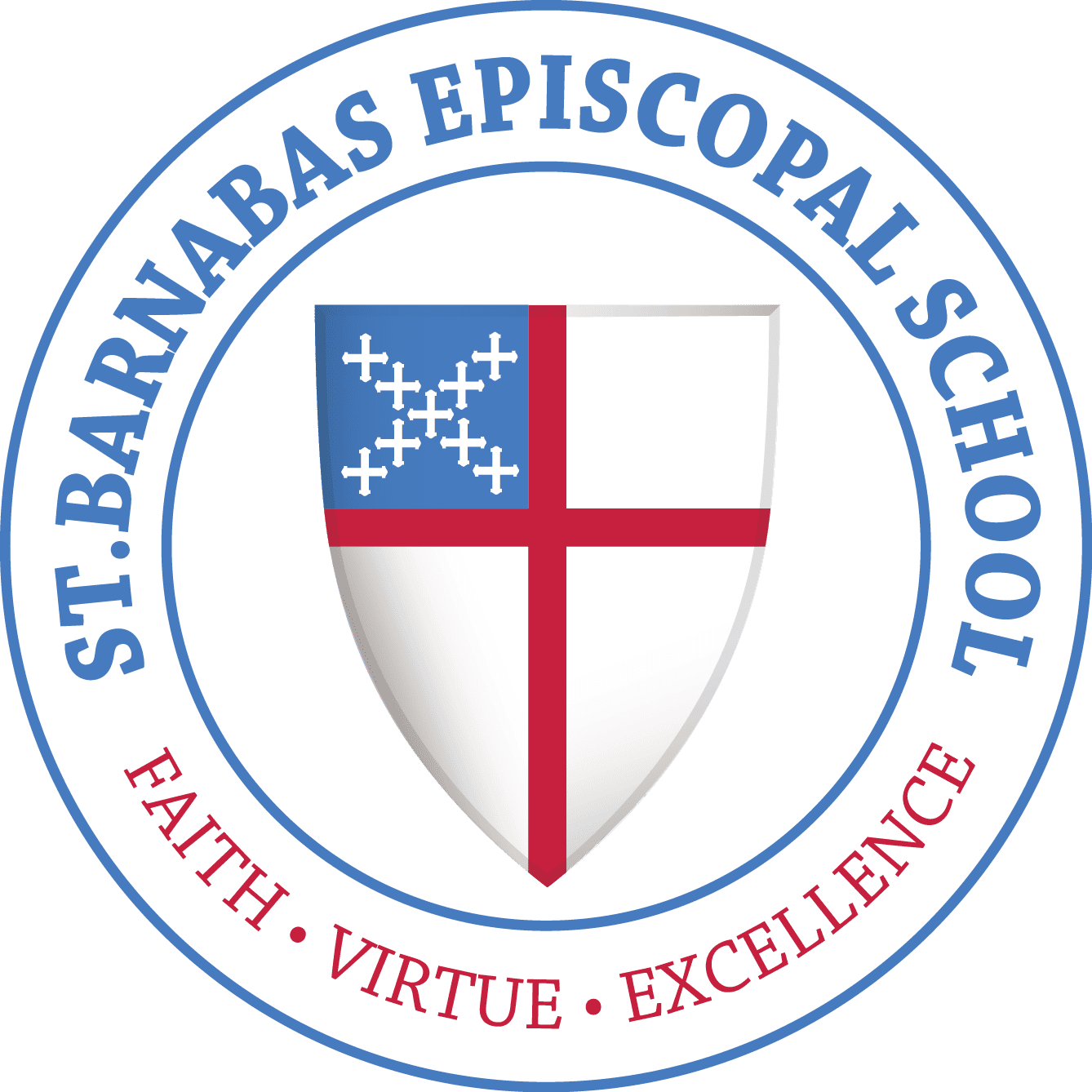Imagine you signed your children up for a school where they proudly advertised, “here we educate only part of your children.” A reasonable first question would be, “which part?” Of course, the idea sounds ridiculous, but this is the way that most people view education. We send our children off to school to learn academic things like reading, writing, and arithmetic, and we cross our fingers and hope they’ll pick up the rest of life’s lessons along the way.
Most of the things your kids learn about life will come from inside your home, but what if you were able to enroll them in a school focused on educating your whole child? Not just their brain, not just teaching them how to pass state-mandated tests, but teaching them how to think critically, live a full, values-based life, and be productive members of a community.
At St. Barnabas School, we think of ourselves as educators of the whole child. It’s our goal to see students as individual people so that we can help them grow into the best versions of themselves that they can be.
There are three themes that we have made a focus of our community: faith, virtue, and excellence. Because we center our community on these tenants, we can pursue our goal of educating the whole student.
So, what does it mean to educate the whole person? It means we see our responsibility as more than teaching kids reading, writing, and arithmetic. We see school as an opportunity to develop students academically, physically, socially, emotionally, and spiritually. We pour into programs and resources that make educating the whole student possible, and the results speak for themselves. Our community is rich with young people attuned to their community’s needs and their role in this incredible world we live in. Here’s how we see faith, virtue, and excellence playing out in our community as we pursue a holistic version of education.
Faith
Hopefully, this speaks for itself. We are intentional about weaving spiritual learning throughout our school day at St. Barnabas Episcopal School. Students encounter faith-based learning during chapel, but they’re also regularly directed back to those essential spiritual lessons throughout their academic life. Academic teaching is at the center of what we do at St. Barnabas, but like everything in our lives, it’s supported by the strong foundation of our faith.
Virtue
What our students learn or believe is important to us, but what’s essential is that they live out those values in their lives. We see virtue as the manifestation of the faith teachings that students encounter in and out of our classrooms and chapel meetings. How they engage on our campus, in their families, and in the larger community is as much a sign of a well-educated child as their ability to perform on tests.
Excellence
We see our students as uniquely talented individuals who bring honor to God by doing their best. Sometimes, the pursuit of excellence looks like earning straight A’s, getting the lead in the school play, or scoring the winning goal. But the pursuit of excellence also invites each community member to do their best even in the areas where they don’t naturally excel. There is no greater skill a person can learn than to bring their best to any pursuit.
We can go on in great detail about the ins and out of our academic and extracurricular programming. In fact, this website is packed with articles on the subject. But to understand how we educate the whole child, you must understand our values. As you’ve seen, faith, virtue, and excellence are the framework upon which we build our curriculum. If you want this type of education for your family, we invite you to join us. Contact our office to learn more.

